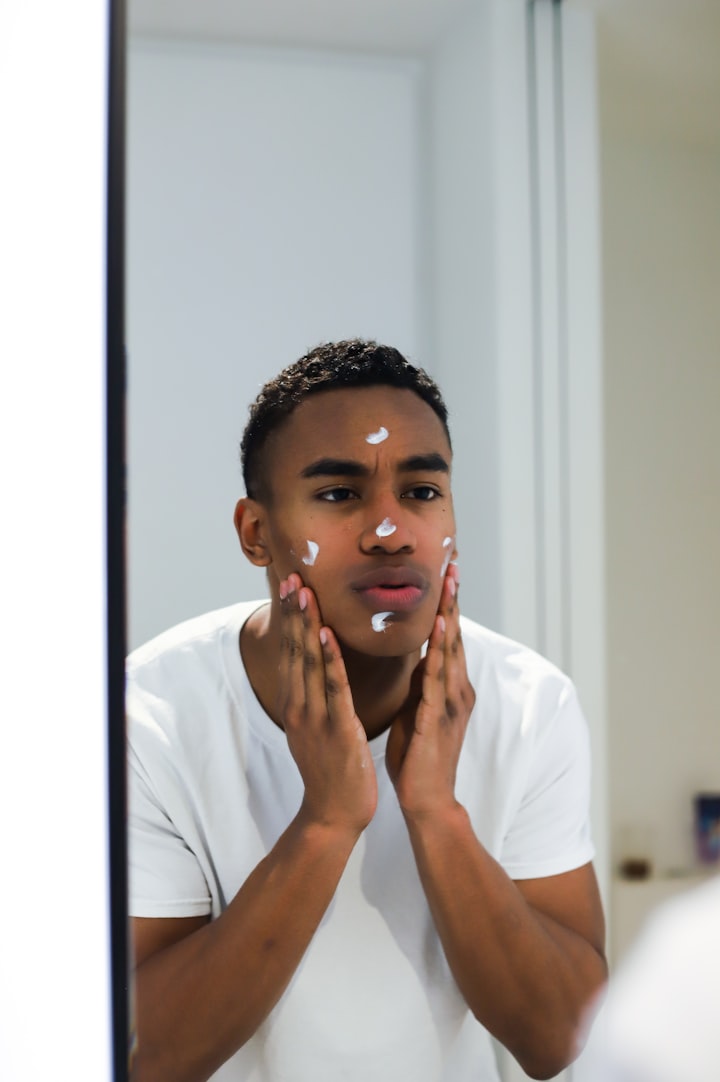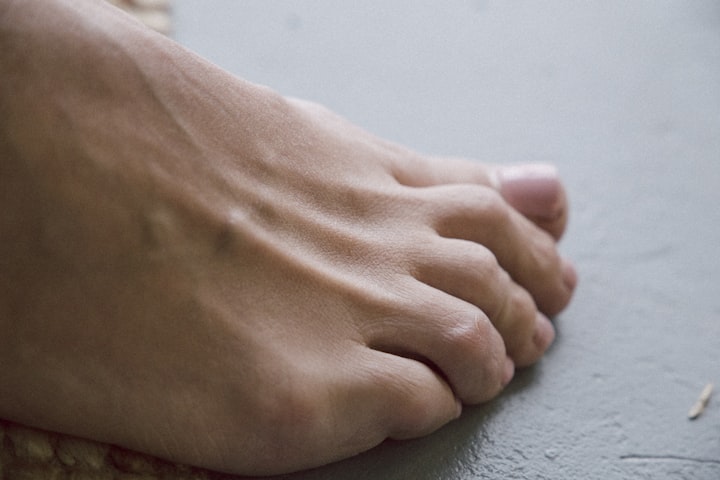The Pitfalls of Popping Pimples
Understanding Acne and Proper Care

Introduction
Acne, a common skin condition, affects millions of individuals worldwide, especially adolescents and young adults. The sight of a red, swollen pimple can be frustrating, and the temptation to pop it for immediate relief is understandable. However, as tempting as it may be, popping pimples can lead to more harm than good. In this comprehensive article, we will delve into the science behind acne, the reasons why popping pimples should be avoided, and explore effective ways to manage and treat acne without causing further damage to the skin.
Understanding Acne: The Bulging Bags of Oil and Bacteria
Acne occurs when hair follicles become clogged with dead skin cells, bacteria, and excess oil produced by sebaceous glands. These glands are found all over the body, with a higher concentration on the face and scalp. Normally, the oil (sebum) moves out of the glands and through the pores to lubricate and protect the skin and hair. However, when the pores become clogged, the oil accumulates around the glands, forming a swollen bump under the skin's surface known as a pimple.
The Temptation to Pop: A Temporary Fix with Potential Consequences
Popping a pimple may provide temporary relief by releasing the trapped contents, but it does not address the root cause of the issue. Additionally, the act of squeezing can force the pimple's contents into the surrounding skin, exacerbating the problem and increasing the risk of infection.
The Dangers of Popping Pimples
Popping a pimple can lead to several negative outcomes:
Increased Infection Risk: Squeezing a pimple can introduce more bacteria into the area, leading to a greater risk of infection and further inflammation.
Darkening of the Skin: Manipulating the pimple can cause temporary darkening of the affected area, making it more noticeable and unsightly.
Scarring: Aggressively popping a pimple can damage the surrounding tissue, leaving behind scars that can be challenging to treat and remove.
The Battle Plan: How to Manage and Treat Acne Effectively
While resisting the urge to pop pimples may be difficult, there are better ways to manage and treat acne without causing harm to the skin.
Gentle Cleansing: Regularly cleanse the face with a mild, non-comedogenic cleanser to remove dirt, excess oil, and dead skin cells. Avoid harsh scrubbing, as it can irritate the skin and worsen acne.
Topical Treatments: Over-the-counter acne creams and gels containing ingredients like benzoyl peroxide, salicylic acid, or retinoids can help reduce inflammation and unclog pores. Consult a dermatologist for personalized recommendations.
Moisturize: Use a light, oil-free moisturizer to keep the skin hydrated without adding excess oil.
Hands Off: Resist the temptation to touch or pick at your face, as this can transfer more bacteria and lead to further breakouts.
Seek Professional Help: If acne persists or becomes severe, consult a dermatologist. They can prescribe medications or other treatments tailored to your specific skin needs.
Acne and Psychological Impact
Beyond the physical discomfort and potential scarring, acne can also have significant psychological effects. Adolescents and young adults, in particular, may experience lowered self-esteem, social anxiety, and even depression due to the visible presence of acne on their faces. As such, it is crucial to address acne not only for its physical implications but also for its impact on mental well-being.
Developing a Holistic Approach to Skin Care
To effectively manage acne, adopting a holistic approach to skincare is essential. Consider the following tips:
Diet: A well-balanced diet rich in fruits, vegetables, and whole grains can contribute to overall skin health. Avoid excessive consumption of sugary or greasy foods, as they may exacerbate acne.
Hydration: Staying hydrated helps flush out toxins from the body and keeps the skin moisturized. Drink an adequate amount of water daily to maintain healthy skin.
Stress Management: High-stress levels can trigger hormonal imbalances that contribute to acne. Engage in stress-reducing activities such as exercise, meditation, or spending time in nature.
Skincare Products: When selecting skincare products, look for those labeled "non-comedogenic," which means they won't clog pores. Avoid using harsh chemicals that can irritate the skin and worsen acne.
Sun Protection: While sun exposure can temporarily improve acne symptoms, excessive sun exposure can lead to skin damage and aging. Use sunscreen regularly to protect your skin from harmful UV rays.
Avoid Touching Your Face: Our hands carry numerous germs and bacteria, and touching the face can transfer these to the skin, leading to breakouts. Be mindful and avoid touching your face unnecessarily.
Understanding Acne Types and Treatments
Acne can present in various forms, each requiring specific treatment approaches:
Mild Acne: Characterized by blackheads and whiteheads, mild acne can often be managed with over-the-counter treatments containing salicylic acid or benzoyl peroxide.
Moderate Acne: In cases of papules and pustules, a combination of over-the-counter and prescription topical treatments may be necessary.
Severe Acne: Cysts and nodules require more aggressive treatment, such as oral antibiotics, hormonal therapy, or isotretinoin (Accutane).
Conclusion
Acne is a common skin condition that affects a large portion of the population. While popping pimples may offer temporary relief, it can lead to more severe consequences like infection and scarring. By adopting a holistic approach to skincare, which includes gentle cleansing, topical treatments, and professional guidance if necessary, individuals can effectively manage and treat acne without causing further harm to their skin. Moreover, by understanding the psychological impact of acne, we can address the condition comprehensively, promoting not just healthy skin but also improved mental well-being. With patience and proper care, clearer and healthier skin is achievable for everyone.





Comments
There are no comments for this story
Be the first to respond and start the conversation.